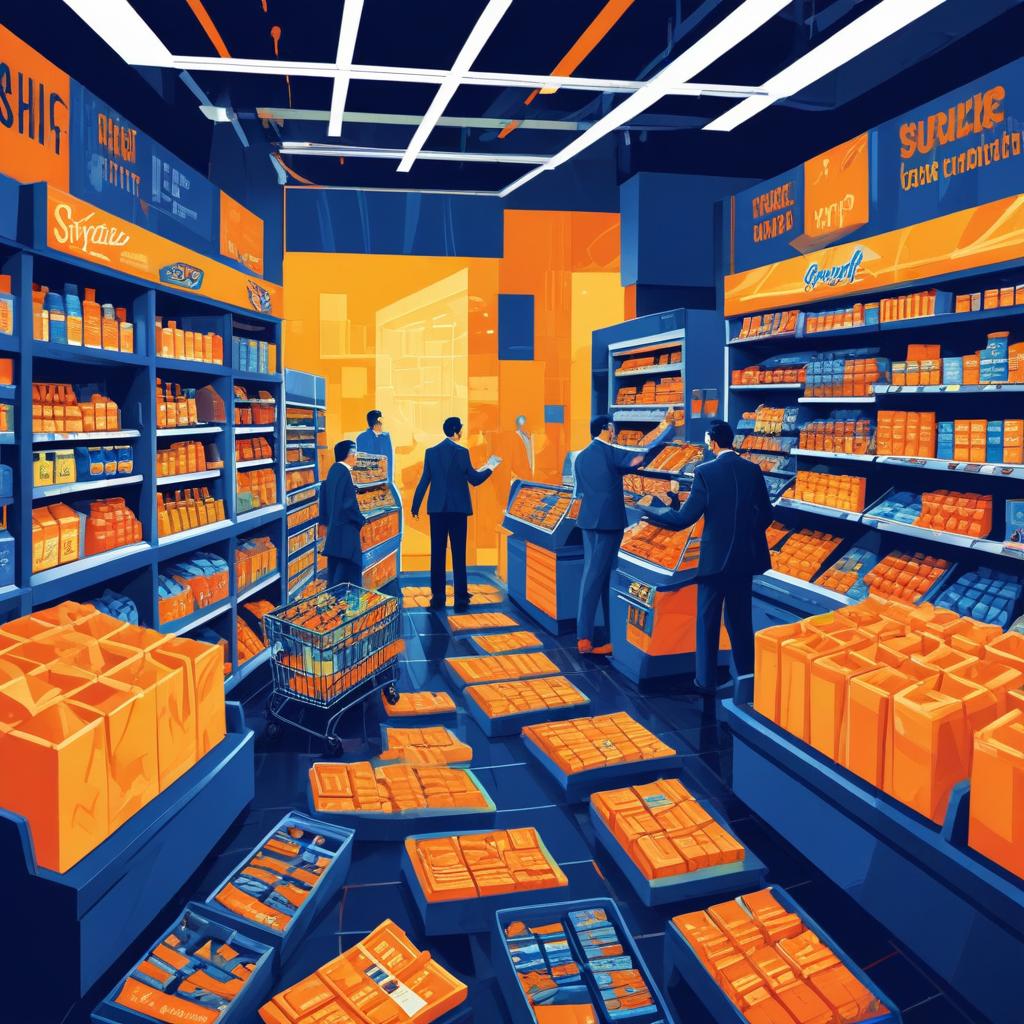Tesco vs. Broadcom: A Legal Battle Unfolds Over VMware Support

UK supermarket titan Tesco has kicked off a significant legal showdown against Broadcom and Computacenter, alleging contract breaches concerning its VMware software licenses. This lawsuit isn’t merely a clash of corporate titans; it's an illustration of how tech contracts can dramatically impact everyday business operations. At the center of the dispute lies Tesco's reliance on VMware's software for its operational backbone.
The court documents detail how Tesco purchased perpetual licenses for VMware products back in January 2021, supplemented by an agreement for ongoing support services that extend until 2026. Tesco argues that, post-Broadcom’s acquisition of VMware, the company has reneged on commitments to provide necessary support for previously acquired licenses, which directly threatens the supermarket's ability to maintain its food supply chain.
On the positive side, this case may shine a spotlight on the need for clarity and fairness in tech contracts, specifically relating to long-term support for legacy products. Here are several potential positives to consider:
- Corporate Accountability: As companies engage in increasingly complex arrangements, this lawsuit could push for greater transparency in tech agreements.
- Consumer Awareness: Public attention on this legal battle may educate consumers about the intricacies of software licensing and the importance of support services.
- Negotiation Leverage: Larger firms like Tesco may gain the leverage they need to secure more favorable terms in future contracts.
Critically analyzing Tesco’s case, several underlying assumptions come into play. While Tesco asserts that VMware support is essential for its operations, one must question if there are alternative software solutions that could satisfy its needs. After all, the growing market for virtualization solutions presents numerous options.
Moreover, Tesco isn’t alone in this battle. Other organizations, like AT&T and Siemens, have voiced similar complaints against Broadcom, indicating a potential pattern of grievances in the tech sector. This repetition raises questions about whether there might be deeper operational or contractual flaws at Broadcom that deserve scrutiny.
Counterarguments also abound. For instance, Broadcom claims its cloud solutions offer substantial value, positing that companies may be hesitant to adapt to the evolving software landscape. But if several large clients like Tesco are dissatisfied, this raises red flags about the effectiveness of Broadcom's customer service and product support.
Another interesting aspect is how technology firms, including Broadcom, frame legacy software maintenance costs. For Tesco, the lawsuit is about preventing excessive payments for software they've already invested in. Broadcom, however, insists it can deliver superior solutions through subscription models, potentially sidelining long-time customers.
Amid this corporate tug-of-war, it’s vital to recognize the broader impact. As more companies voice concerns about software licensing, what could this mean for the future of tech vendor relationships? Are we witnessing the dawn of a more balanced relationship, or will firms continue to navigate turbulent waters?
In a nutshell, Tesco's legal challenge reflects crucial questions about technology, contracts, and corporate ethics. Ultimately, organizations must remain vigilant in ensuring their partners uphold commitments that are vital to their business operations.
At DiskInternals, we understand the significance of data integrity and the perils of data loss. Our expertise in developing robust data recovery software empowers companies to mitigate risks associated with software dependencies and ensure operational resilience. By prioritizing data protection strategies, businesses can safeguard their future, ensuring they’re never caught off guard by contractual shortcomings.